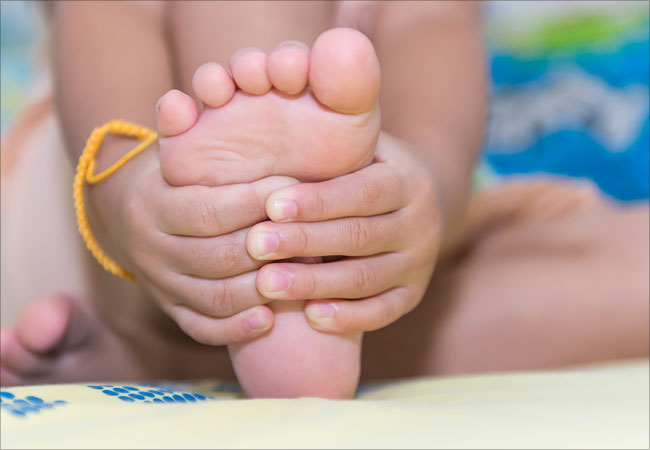Why is sleep so important?
Williamstown Osteopath Tom explores why sleep is so important and how it can help you recover from a musculoskeletal injury.
Sleep is one of our major needs for us as human beings. Yet, up to 45% of the Australian population do not get enough sleep, which has great physiological consequences (1).
In a clinical sense as health practitioners, we talk regularly about returning a patient to their full health potential. But if we do not match the treatment and rehab with adequate sleep, the rate of recovery and treatment outcome is far less effective.
The body has its own biological clock for sleep, known as a circadian rhythm. This innate function recognises daylight as the most constant signal the body is exposed to, and from this organises hormone release to feel awake and asleep according to the time of day (2).
Human growth hormone (HGH), is one of the main factors generating normal development in the body as well as tissue repair during injury (3). This is produced in the body in the first third of our sleep cycle, approximately between 10 pm and 2 am, based upon our circadian rhythm (3). Therefore, if you are going to sleep at midnight, you are potentially missing out on 50% of the production of these hormones.
This proves just how important sleep is to our wellbeing, and that there is more to a good night’s sleep than just getting eight hours.
Williamstown Health & Lifestyle are passionate about supporting the community of Melbourne’s West, Williamstown, Altona, Yarraville, Spotswood, Newport & surrounds suburbs with their health needs.
To book an appointment with Tom or another osteo at our Williamstown Osteopathy clinic please click on the button below.
References:
- Adams R, Appleton S, Taylor A, Gill T, Lang C, McEvoy R et al. Sleep health of Australian adults in 2016: results of the 2016 Sleep Health Foundation national survey. Sleep Health. 2017;3(1):35-42.
- Gohil A, Eugster E. Growth Hormone Deficiency and Excessive Sleepiness: A Case Report and Review of the Literature. Pediatr Endocrinol Rev. 2019;1:41-46.
- Chennaoui M, Léger D, Gomez-Merino D. Sleep and the GH/IGF-1 axis: Consequences and countermeasures of sleep loss/disorders. Sleep Medicine Reviews. 2020;49:101223.





